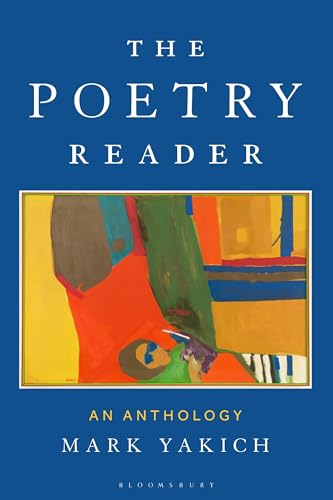What do you think?
Rate this book


240 pages, Paperback
Published January 9, 2025
“Reading poems generates writing them. Literature is generative in this way, too. Relatedly, many of us wonder how AI will affect the generation of literature. But is there really an issue? If an algorithm, machine, or bot creates a text that moves you, let it.”